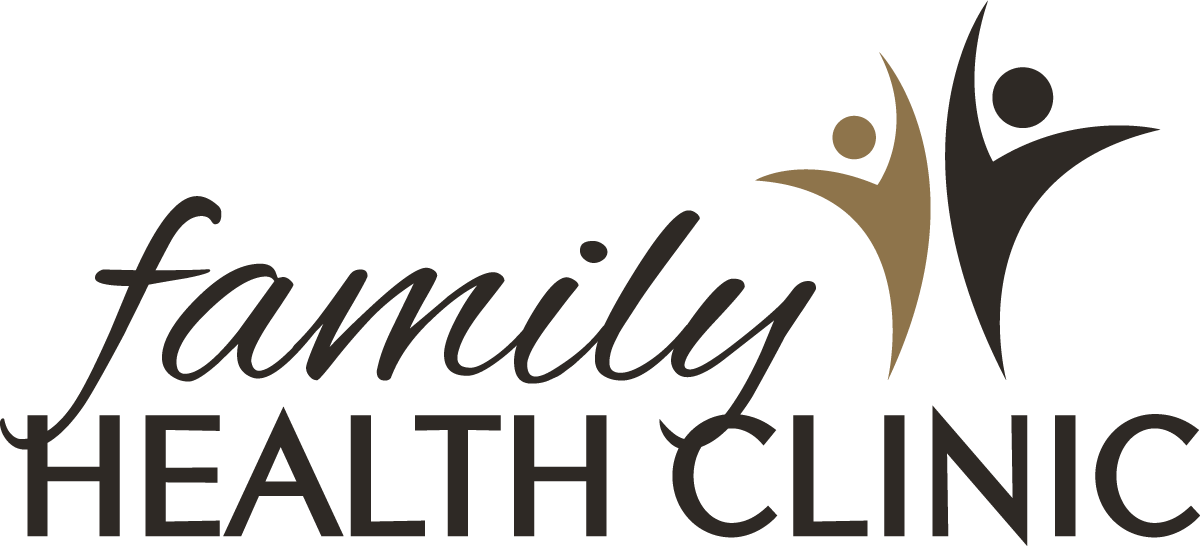The Defeat Diabetes Organization declared April as Defeat Diabetes Month, so we are doing our part to help! In this post, we’re breaking down important facts about diabetes and sharing a powerful story from a friend of the Family Health Clinic who has Type 1 Diabetes.
What is Diabetes?
According to the Center for Disease Control (CDC), “diabetes is the condition in which the body does not properly process food for use as energy. The food we eat gets turned into sugar for our bodies to use as energy. The pancreas produces a hormone called insulin to help glucose get into our cells. When you have diabetes, your body either doesn’t make enough insulin or can’t use its own insulin as well as it should. This causes sugars to build up in your blood.”
What are the symptoms of diabetes?
According to the Mayo Clinic, common symptoms can include:
- Increased thirst
- Frequent urination
- Increased hunger
- Weight loss
- Fatigue
- Blurred vision
- Slow-healing sores or frequent infections
- Areas of darkened skin
What is type insulin?
Insulin is a hormone that comes from the pancreas. The pancreas produces and discharges insulin into the bloodstream. The insulin circulates enabling sugar to enter cells. Insulin mainly lowers the amount of sugar in your bloodstream after you eat.
What is glucose?
Glucose is the main energy source for our cells. It comes from the sugars in food that we eat every day. Then it is absorbed into the bloodstream and then enters our cells.
How is diabetes diagnosed?
Diabetes.org says that there are a few different ways to get tested. Ways to get tested include:
- A1C Test: This measures average blood glucose for the past 2 to 3 months.
- Fasting Plasma Glucose: This test measures your fasting blood glucose levels.
- Oral Glucose Tolerance Test: This is a two-hour test that checks blood glucose levels before and 2 hours after you drink a special sweet drink.
Is there any way to prevent diabetes?
According to kidshealth.org, Type 1 diabetes cannot be prevented and there is no known cause. Type 2 diabetes can sometimes be prevented through lifestyle changes. Excessive weight gain, obesity, and sedentary lifestyles can put people at risk. Eating a healthy diet, limiting sugary foods and beverages, and getting physical activity daily are steps that can reduce your chances of getting type 2 diabetes.
Defeat Diabetes Month
If you would like to help raise awareness about diabetes April is the perfect time to do so. The Defeat Diabetes Foundation (DDF) is on a mission to prevent, early diagnose and self-manage diabetes. If you would like to learn more go to defeatdiabetes.org.
Do you want to know if you or a loved one is at risk? Schedule an appointment with one of our knowledgeable Nurse Practitioners to learn more about diabetes risk factors and to discuss how you can make changes that will decrease your risk of diabetes. Simply call (800) 321-5043 to set up a time.
What is it like to live with diabetes?
We talked with someone who has lived with Type 1 Diabetes since they were 14. Read what she had to say about her living with diabetes.
When people learn that I have type 1 Diabetes, the first reaction I usually get is, “Oh, so you can’t eat sugar?” The second is usually the assumption that I caused my type 1 by eating too much sugar. Living with Diabetes has definitely changed my life, but living with my disease hasn’t been all negative. I was diagnosed in July of 2010, at the age of 14 right before my freshman year of high school. It was clear something was very wrong with me when I was drinking and eating excessively, using the restroom just as often, sleeping all of the time, and losing weight at a rapid pace. Thankfully my mom’s intuition kicked in after my brother was diagnosed at 7, and she scheduled a doctor’s appointment to have me checked out immediately.
After diagnosis was the hardest transition for me. Though my parents were really good about planning out our meals accordingly for my brother, I never really had any restrictions to my personal diet. At 14, I went from being able to drink soda and eat candy bars whenever I really wanted to, to having to cut out high sugar foods completely, and watch my carb intake most of all while I was trying to regulate my blood sugars.
Physical health hasn’t been the easiest journey either. In the years following diagnosis, multiple mornings were hit with incoherent lows. Some mornings, my sugar was so low that I would be completely unresponsive to my parents. Spring Break during my junior year of high school, my sugar dropped so low over the night that my body started seizing. Luckily my mom was with me and called 911. The hardest point of all though in my journey was DKA. During my sophomore year of college, a mixture of illness and lack of Lantus caused my body to go into Diabetic Ketoacidosis. I stayed in the hospital for three days under careful, hourly monitoring until my body was cleared and I was finally discharged.
My diagnosis with Diabetes hasn’t been an entirely daunting journey though. I was given a second chance to strive for a healthy lifestyle. I lost weight, learned what a proper serving size is, and also learned what foods are the healthiest for a Diabetic. Living with this disease has also given me a chance to teach others about the disease, helping to stop some of the stigmas that surrounds it. Though Diabetes was not why I wanted to change my life around, it forced me to do it sooner than later.




